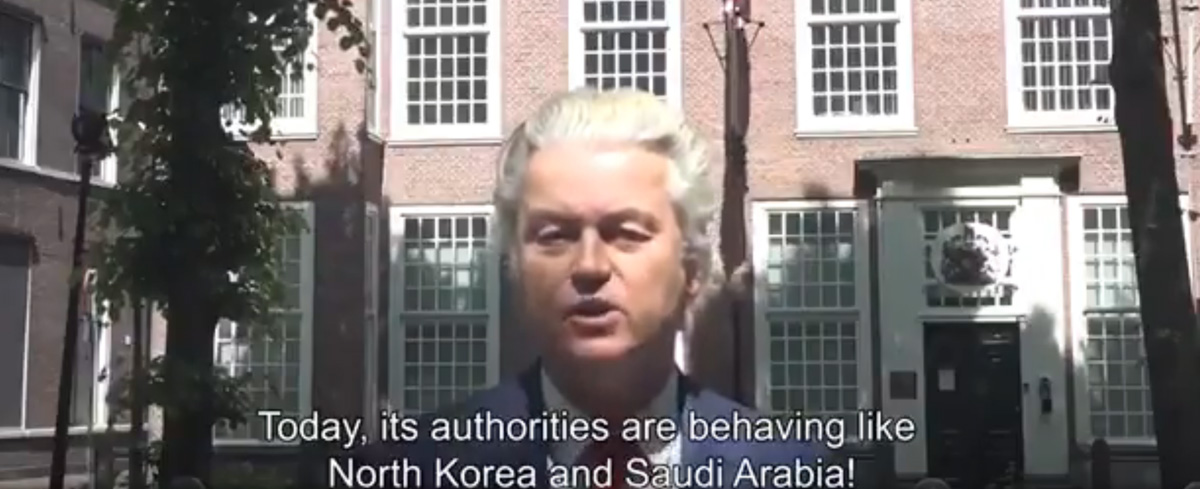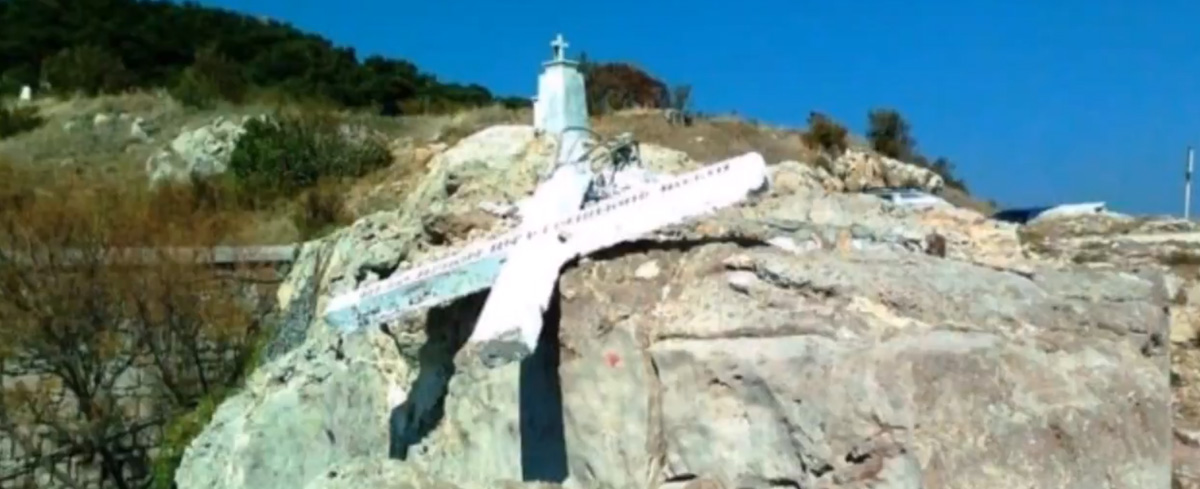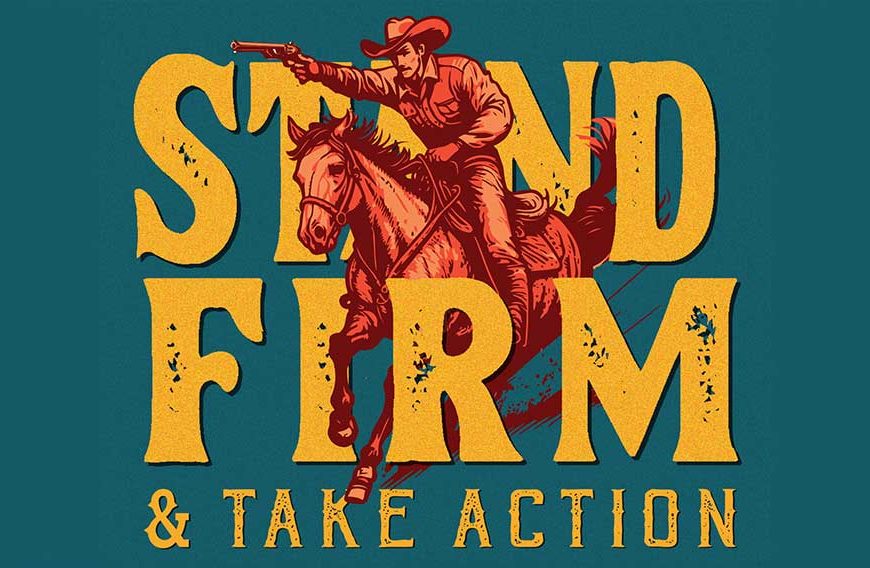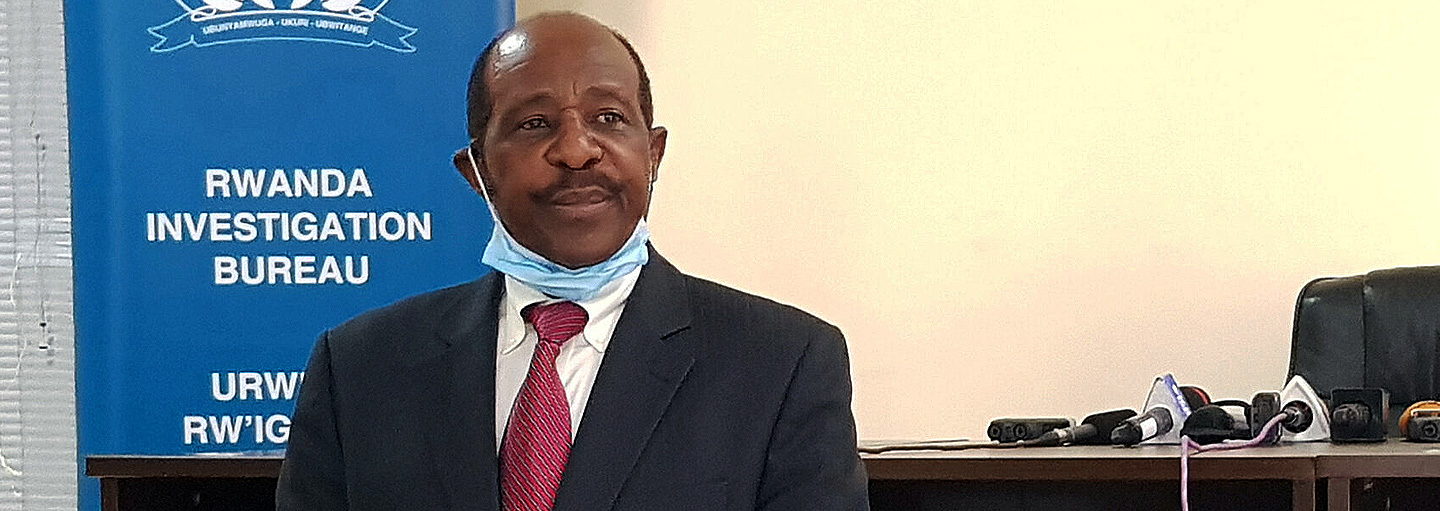Police officers who “thought checked” a man accused of posting “transphobic” tweets acted unlawfully, the UK High Court has ruled.
In January last year, Humberside Police tracked Harry Miller, of Lincolnshire, to his place of work after acquiring several posts suggesting ‘transgender women are not real women.’
Police reportedly told Miller, a former police officer himself, that an anonymous person had reported him for ‘hate speech’, saying his workplace would not be a “safe place” for transgender people.
Despite being told that he had committed no crime, the officers told Miller, “I need to check your thinking.” After being subjected to a 30-minute police inquiry, Miller was warned to watch his words or risk losing his job. Police also recorded the episode as a non-crime “hate incident.”
A ‘hate incident’ is defined as: “non-crime perceived by the victim or any other person to be motivated by hostility or prejudice based on a person’s race or perceived race/ religion or perceived religion / sexual orientation or perceived sexual orientation/disability or perceived disability/transgender or perceived to be transgender.”
On this, Tim Dieppe, the head of Public Policy at Christian Concern, comments, “Notice how many times ‘perception’ is emphasised in this definition. Basically, if anyone perceives anything as a hate incident then it is a hate incident.
“The police will then have to record it, and there is no innocent till proven guilty,” Dieppe continued. “There is no proven guilty at all. In fact, there is no way to prove innocence either. Such an allegation will be recorded against you forevermore, with no recourse to fact or anything else. No matter whether the motive of the reporting person was actually ‘hate’ in the first place!”
In an effort to clear his name, Miller launched legal action against the College of Police and won.
Announcing the court’s decision on February 14, Justice Julian Knowles said, “The claimant’s tweets were lawful and that there was not the slightest risk that he would commit a criminal offence by continuing to tweet.
“I find the combination of police visiting the claimant’s place of work, and their subsequent statements in relation to the possibility of prosecution were a disproportionate interference with the claimant’s right to freedom of expression because of their potential chilling effect.”
Speaking after the ruling, Miller said, “This is a watershed moment for liberty – the police were wrong to visit my workplace, wrong to ‘check my thinking.’”
Miller’s lawyer added, “It is a strong warning to local police forces not to interfere with people’s free speech rights on matters of significant controversy.”


















